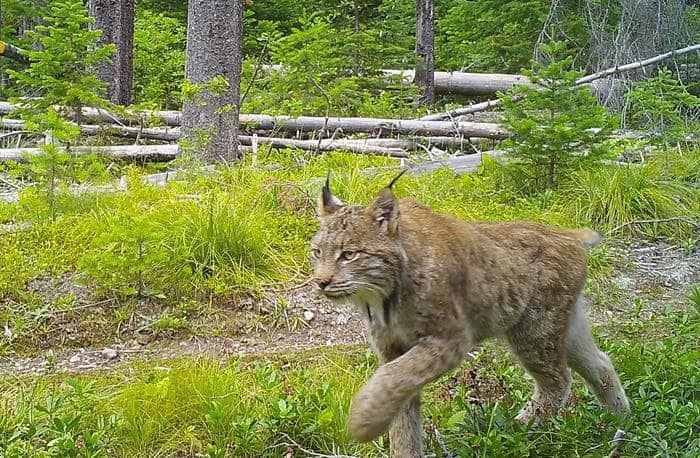Share this article
House subcommittee considers Migratory Bird Treaty Act clarification
The House Natural Resources Committee’s Subcommittee on Water, Oceans and Wildlife held a hearing June 13 to consider several new pieces of legislation, including a discussion draft of a bill that would override the Administration’s 2017 interpretation of the Migratory Bird Treaty Act.
First passed in 1918, the MBTA protects over 1,000 migratory bird species across the U.S. by making it illegal to take, possess, import, export, transport, sell, purchase, barter or offer for sale, purchase or barter, any migratory bird (or part of one), or a migratory bird nest or egg, without a valid permit. The U.S. Fish and Wildlife Service defines “take” as to “pursue, hunt, shoot, wound, kill, trap, capture or collect, or attempt to pursue, hunt, shoot, wound, kill, trap, capture or collect.”
In December 2017, the Interior Department changed its interpretation of the law and issued an opinion stating that the MBTA does not apply to unintentional “take.” Until then, the act was applied to instances of both intentional and unintentional take, which can occur during activities such as wind energy development, traditional oil and gas development and power transmission.
The Migratory Bird Protection Act of 2019, a draft bill developed by Rep. Alan Lowenthal, D-Calif., would amend the MBTA to explicitly include a prohibition against unintentional take. The bill defines unintentional take as “the killing or taking of migratory birds that directly and foreseeably results from, but is not the intended purpose of, covered commercial activity.”
Such covered commercial activities would include communication towers, electrical transmission or distribution lines, methane or other gas burner pipes, wind or solar power generation facilities and oil, gas and wastewater disposal pits.
The bill has not been formally introduced, but was presented at the hearing for discussion purposes. Several witnesses testified regarding the draft, most in support of the effort. Amanda Rodewald from the Cornell Lab of Ornithology stated that the recent administration interpretation of the MBTA “fundamentally weakens the protection granted to birds and undermines the efforts of U.S. and international partners working to conserve birds.”
Paul Schmidt, who recently retired from the U.S. Fish and Wildlife Service, supported the draft Migratory Bird Protection Act, saying that it “does a thorough and elegant job of reaffirming the Congressional intent of the Migratory Bird Treaty Act and charting a path forward for the administration to promulgate the necessary regulations to provide companies and citizens a simple, efficient and logical approach to comply with the law.”
Other legislation considered by the subcommittee included the Wild Bird Conservation Reauthorization Act of 2019 (H.R. 2685), which would reauthorize the original act, passed in 1992, and authorize funding for the next five years to protect exotic bird species from harm due to international trade and encourage wild bird conservation in countries of origin.
Also discussed was the Multinational Species Conservation Funds Semipostal Stamp Reauthorization Act of 2019 (H.R. 1466), which helps to raise funds for international species conservation through the sale of stamps.
Header Image: New legislation would amend the Migratory Bird Treaty Act, which protects birds like spotted sandpipers (Actitis macularius). ©USFWS








